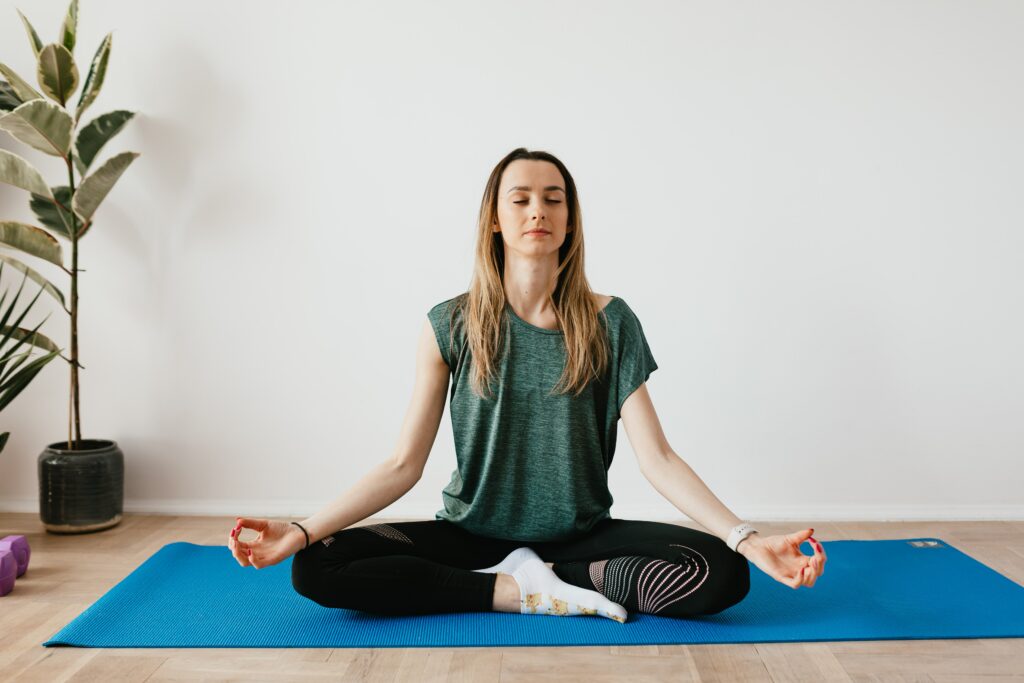Baby skin care is super delicate and requires a lot of special care. In this post, we will present you with valuable tips on how to protect it the right way and which myths we should eradicate about caring for the little ones.
Know that the skin is the first defense of our body, therefore, its care should be one of the main concerns, from birth. We say this because, at birth, the skin is much thinner and has an acidic PH that requires greater protection care.
Often, moms on duty and also dads, end up forgetting how different a newborn’s skin is, in relation to the skin of adults. Many adults don’t have a clear idea of how to care for their baby’s skin in the first few days of life.
In addition, many are unaware that in the first few days the skin continues to mature and over the weeks and months it undergoes many changes in its appearance and also in texture.
Newborn baby’s skin
Basically, a newborn baby’s skin has:
- Reddish or purplish skin color;
- The baby’s skin usually acquires a waxy and thick substance, which is called sebaceous grease, but it is something important that protects the baby from amniotic fluid, for example.
- It also has a thin, smooth layer that covers the scalp, forehead, cheeks, shoulders and back.
- In the vast majority of cases, the skin is much thinner, but premature babies have even thinner and more transparent skin, while those born at normal time acquire thicker skin.
- According to experts, the baby’s skin at birth is perfectly formed, especially when it is born at the right time.
- However, the layer of skin that covers this dermis, known as vernix, has a PH considered high, ranging between 4.5 and 5.5 and this will take the baby a few days for his skin to strengthen.
Regardless of the fact that a baby’s skin is much thinner than an adult’s skin, it is important that we know how to maintain a balanced pH to avoid cases of dermatitis or skin infections.
What is necessary for baby skin care
As specialists in baby skin health, through pediatric science and also cosmetic techniques, scientists have been discovering what are the essential basic care for baby’s skin.

In the old days, it was believed that the only essential care for the baby’s skin was to bathe him, dry him and put some powder. Currently, scholars point out that we should be even more careful to take care of the baby and debunk some myths regarding the use of products for our little ones.
Thinking about this need to instruct dads and moms on duty in the care of the baby’s skin, we separate in today’s content some valuable tips. Check it out below:
Tip 1 – Newborn baby skin pH
Science has evolved a lot in recent years, including in the treatment of skin problems. In this case, a lot of care is essential when focusing on the PH of the baby’s skin.
The acronym PH stands for Hydrogen Potential, and is nothing more than a measure of the acidity or alkalinity that is produced in the skin by a layer between the epidermis and the dermis, which we call the hypodermis.
Its main function is to create a protective mechanism in the skin’s mantle, in order to guarantee the maintenance and restoration of its natural defense.
Scholars point out that the hydrolipidic mantle does not allow bacteria, fungi or microorganisms that live naturally in the skin to colonize and win the war.
In the case of babies, the skin is not yet fully developed, so it is necessary to look for products that are aligned with the care of the acidic PH of the little ones, around the 5 months of life of babies.
Tip 2 – Don’t remove your baby’s vernix
The vast majority of babies are covered by a thin, very thin, whitish layer of fat, which is called vernix caseosa. The function of this protective layer is to distance the baby’s delicate skin from agents that can irritate it, such as moisture in the amniotic fluid or cases of dehydration.
Therefore, we state that it is not convenient to remove this thin layer of fat, especially in the first few days. After these first few days, it will be absorbed naturally, without the need to wash it.
In addition, it is very useful, as it helps your baby to maintain their body temperature, and also contributes to skin nutrition and provides vitamin E.
Its antioxidant action will protect the baby’s skin from solar radiation.
Tip 3 – Good hygiene
Before putting your baby to take a bath, it is important to warm up both the water in the bathtub and the entire bathroom environment.

It is recommended that the water is always warm, between 37 or 38 degrees. To make sure that it will be pleasant for your baby, you can control this temperature with your hand, or with your elbow, as the grandmothers on duty would say!
After bathing your baby and drying him, with the skin still a little damp, you can take the opportunity to massage his skin, which is super relaxing and ends up stimulating the baby’s nerve endings. You can use a liquid lotion for this process and he will love it.
In addition, you can clean your skin with damp towels, especially on your face and neck.
Tip 4 – Avoid using neutral soaps
In the past, it was believed that neutral soap was ideal for the care of sensitive skin, such as babies, however, today we know that we need specific treatments for baby skin, free from any type of dye or preservatives. .
Scholars claim that thousands of people believe that neutral soaps are healthy for baby’s skin. However, this is a big myth that can end up harming the child’s PH issue.

The tip is that dads and moms migrate to specific products that have been developed for babies.
So, when buying a product for your baby, especially for your skin, look for those that don’t have a perfume, are unscented, don’t have added dyes and are specific to balance the child’s PH. In addition, it is important that they are free of parabens and other types of preservatives.
And now, what do you think of our baby skin care tips? Leave a comment below, pointing out which one you found most interesting.






















